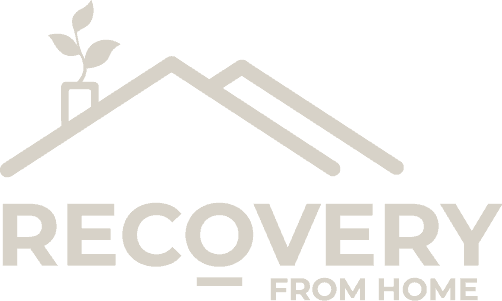What is Cognitive-Behavioral Therapy (CBT) as it relates to addiction?
What It Is
CBT is a structured, goal-oriented form of psychotherapy that focuses on the connection between thoughts, emotions, and behaviors. It’s based on the idea that negative or distorted thinking patterns drive harmful actions—like substance use—and that changing these thoughts can lead to healthier behaviors.
How It Works
- Core Process: Clients work with a therapist to identify unhelpful thoughts (e.g., “I can’t cope without drugs”), challenge their accuracy, and replace them with realistic, constructive alternatives (e.g., “I have tools to manage stress”).
- Techniques: Includes journaling, thought records, role-playing, and behavioral experiments (e.g., testing sobriety in a triggering situation).
- Duration: Typically short-term (8-20 sessions), with a focus on practical skills.
Why It’s Used in Substance Abuse
- Targets triggers and cravings by reframing the mental patterns that fuel addiction.
- Helps develop coping strategies (e.g., avoiding relapse by managing stress or negative self-talk).
- Proven effective for conditions like anxiety or depression, which often co-occur with addiction.
Example
A person might think, “I’ll never be happy sober.” In CBT, they’d explore evidence against this (e.g., past sober joys) and practice positive affirmations or distractions, reducing the urge to use.
Are You Struggling with addiction?
Recognising that you need help is the first step towards recovery. Professional treatment tailored to individual needs can help break the cycle of addiction, restore balance, and rebuild a healthy relationship with oneself and others.












Leave A Comment